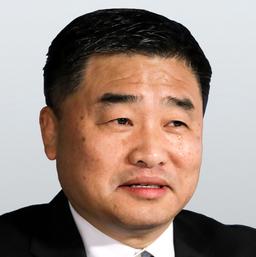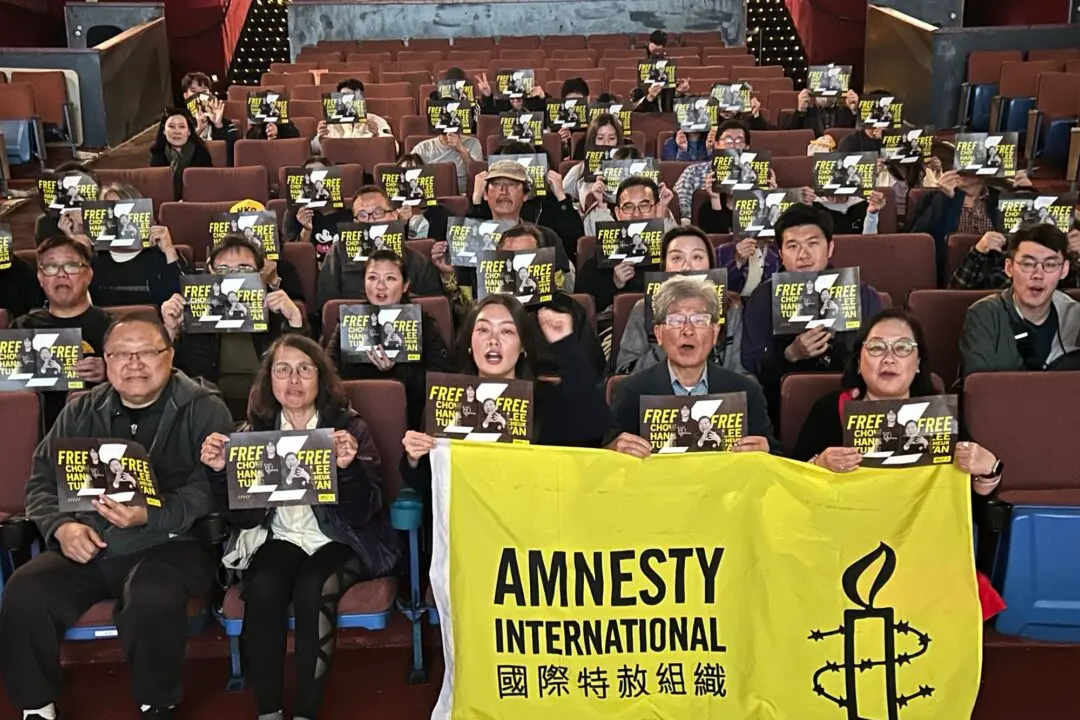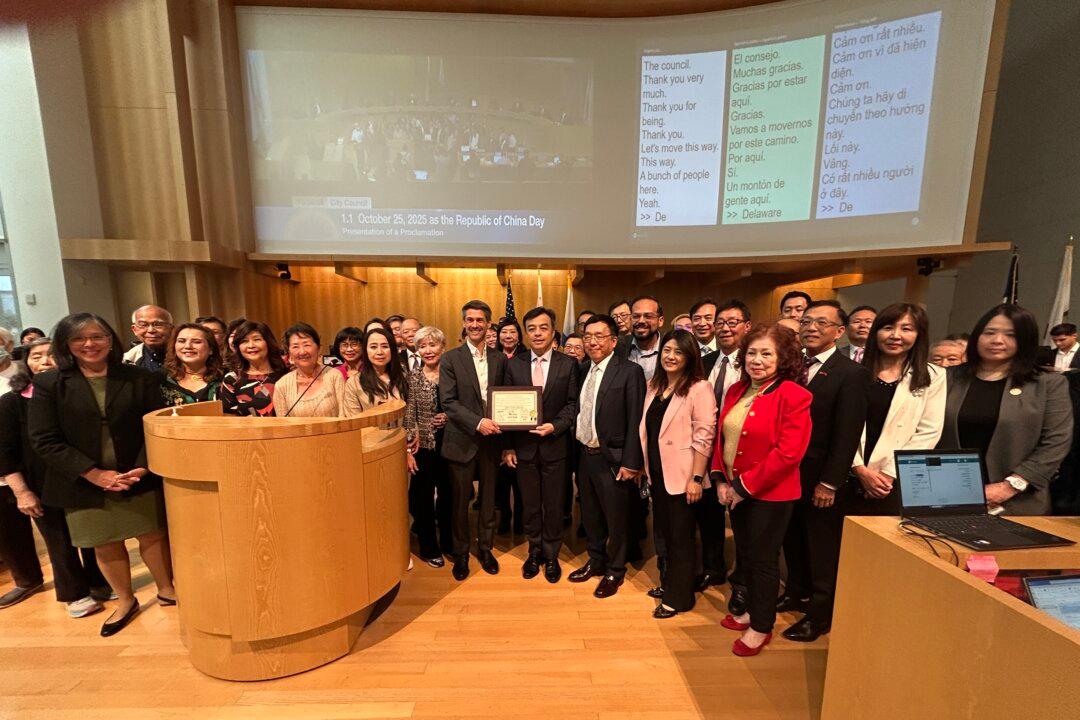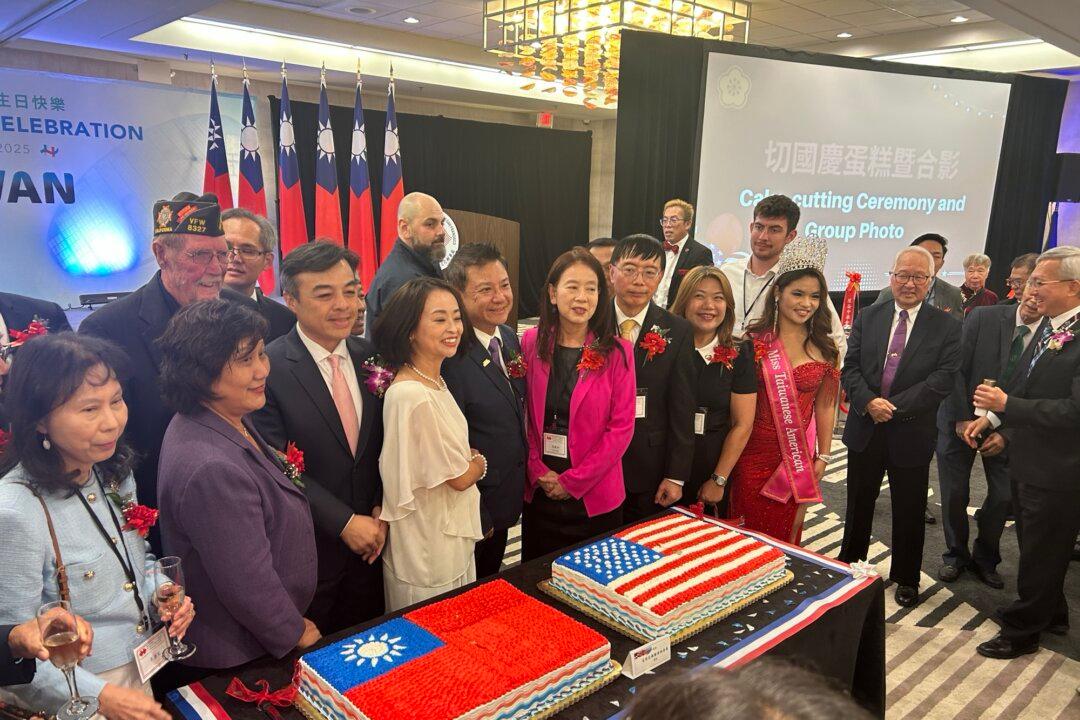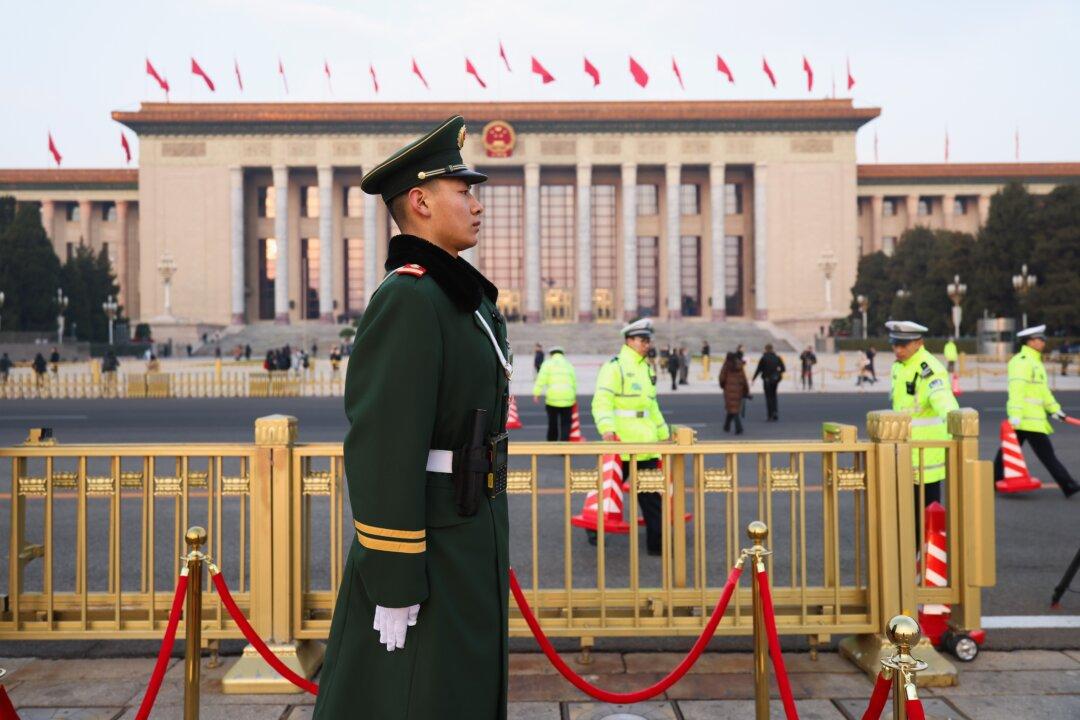Murrieta, Calif.—The Mighty Oaks Foundation, a fast-growing organization assisting veterans, is making a convincing case for the effectiveness of faith-based assistance programs dealing with post-traumatic stress disorder (PTSD).
Faith-based healing has been used for thousands of years in helping resolve various types of health issues. Mighty Oaks’ success have made faith-based veteran assistance programs a unique addition to many other contemporary programs.

